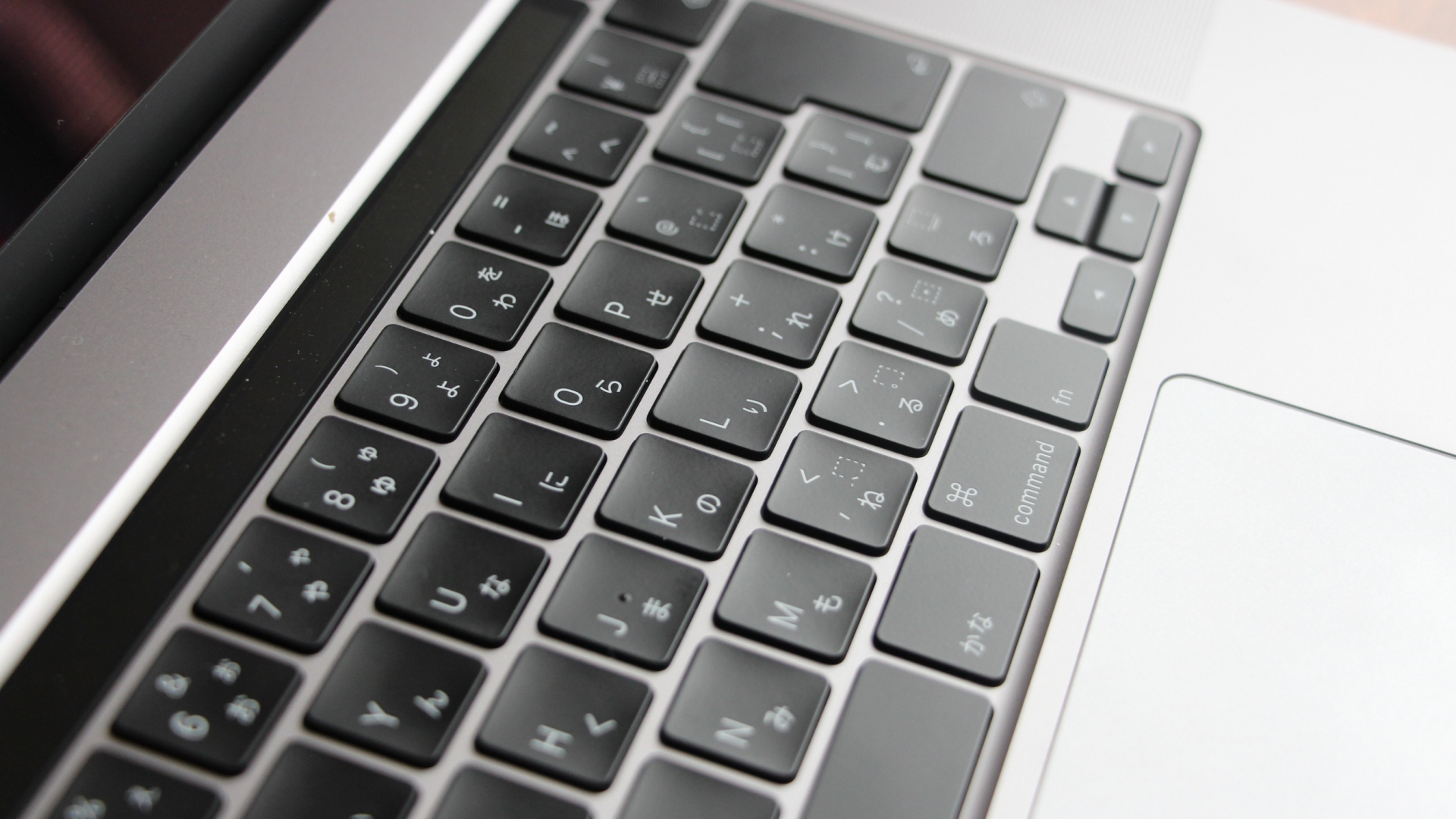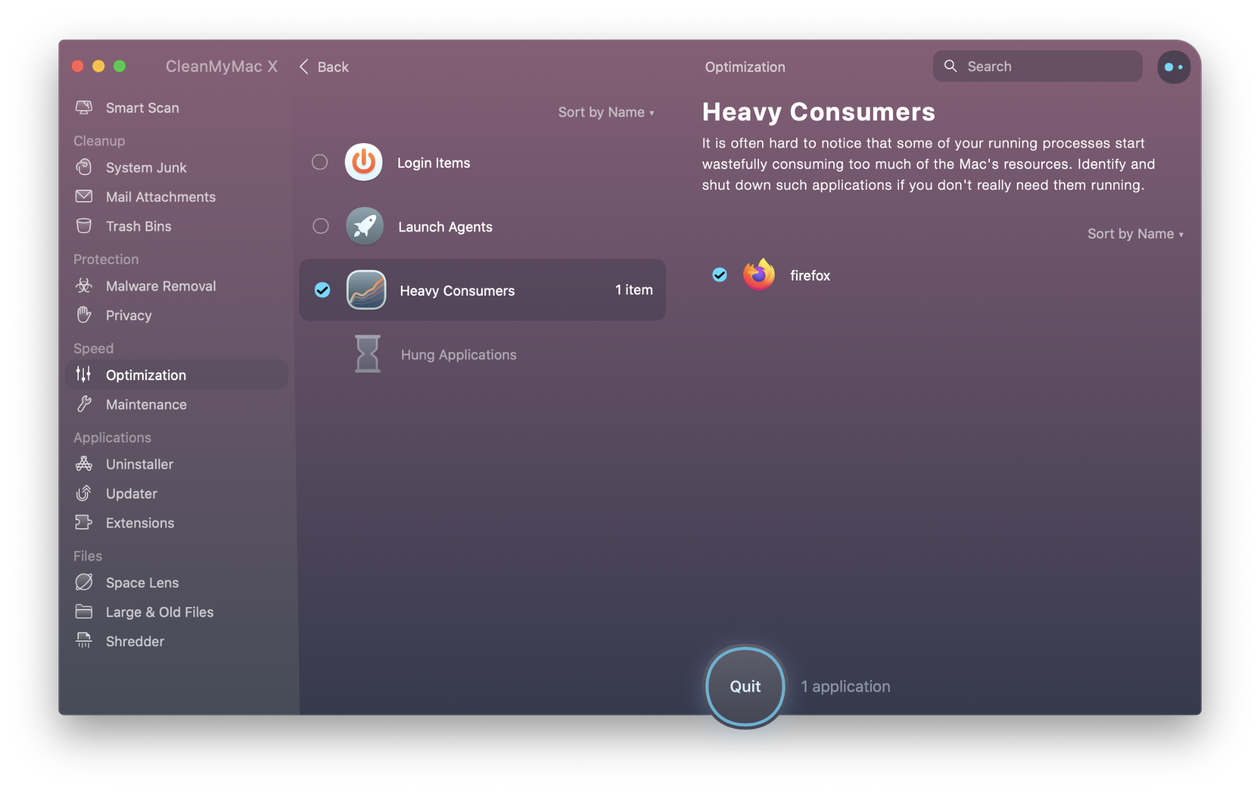
- #Ctrl alt delete in mac how to
- #Ctrl alt delete in mac mac os x
- #Ctrl alt delete in mac mac os
- #Ctrl alt delete in mac software
- #Ctrl alt delete in mac password
In any case you cannot move Ctrl Alt Delete 1.0.9 to the Trash or empty the Trash, try holding the Option key as you choose Empty Trash from the Finder menu, or reboot your Mac and try it again later.
#Ctrl alt delete in mac password
Some apps installed using the Mac package installer will prompt you for a password when you try to move it to the Trash. Most 3rd party apps can be smoothly uninstalled in that way, but you cannot delete built-in apps by doing this.
#Ctrl alt delete in mac mac os
This drag-to-delete method works in all versions of Mac OS X.
#Ctrl alt delete in mac how to
In this post we will discuss the following questions: (1) What is the correct way to uninstall Ctrl Alt Delete 1.0.9? (2) How to ensure all its accompanying components are removed safely? And (3) is there a shortcut for both Mac novices and experts to take to accomplish Ctrl Alt Delete 1.0.9 removal effortlessly? Conventional Steps to Uninstall Ctrl Alt Delete 1.0.9 for Mac Even for the experienced users, they may also get lost when trying to uninstall a problematic, stubborn or even malicious application. In the latter case it is quite necessary to clean out those junk files from your Mac for complete removal.įor some novice users, they may have no idea how to remove Ctrl Alt Delete 1.0.9 in a proper way. These vestiges can be very small in size, thus leaving them alone may not affect your Mac performance, yet they can also be a large chunks of useless files that occupy a large portion of your hard drive space.

#Ctrl alt delete in mac software
However, a fact is often neglected that, even the stand-alone software may might still leave its configuration and preferences files on multiple system directories after you carry out a basic uninstall. Generally speaking, most Mac applications are separate bundles that contain the executable and any associated resources for the app, and therefore users can easily remove any unwanted software (if they are installed properly) from their Macs. In normal cases Mac users just need to simply drag and drop the target app to the Trash and then empty the Trash to perform the standard uninstallation. Uninstalling applications in macOS/Mac OS X is quite different from that in Windows operating system.

Things you should know about Mac app removal: How to uninstall Ctrl Alt Delete 1.0.9 on Mac computer? If you encounter problem when trying to delete Ctrl Alt Delete 1.0.9 as well as its associated components, read through this removal tutorial and learn about how to perfectly remove any unwanted applications on your Mac.
#Ctrl alt delete in mac mac os x
To use the commands available when you press Ctrl+Alt+Del, click your user tile and choose an option.Ī workaround for this is to press and hold + keys on the physical keyboard in front of you and then finally press the key on the on-screen keyboard.Tips to Perfectly Uninstall Ctrl Alt Delete 1.0.9 on Mac OS X Under certain Windows versions the method above (using ++ in the on-screen keyboard) don't work. On-screen keyboard is a virtual keyboard inside Windows It does not work! By using the on-screen keyboard (which has been a part of all Windows versions!) the ++ keys can be toggled in the virtual on-screen keyboard. Some Remote Desktop tools offer a "CTRL-ALT-DELETE" toggle but even with the default Remote Desktop from Windows, there's a way. CTRL+Alt+Delete toggles the physical Operating System In the case of Linux Mint, a window pops up and asks whether to switch the current user or lout out of the (Linux) machine. Windows requires the Ctrl+Alt+Delete combination to change the password.īut if you're running Linux and use Remote Desktop, the ++ combo results in a command to the Linux OS. But what if you need to change your password? The Windows settings might require you to send ++ instead of clicking a button: The Change button is greyed out. Depending on your organization, you might work remotely on a Windows system, using Remote Desktop.


 0 kommentar(er)
0 kommentar(er)
